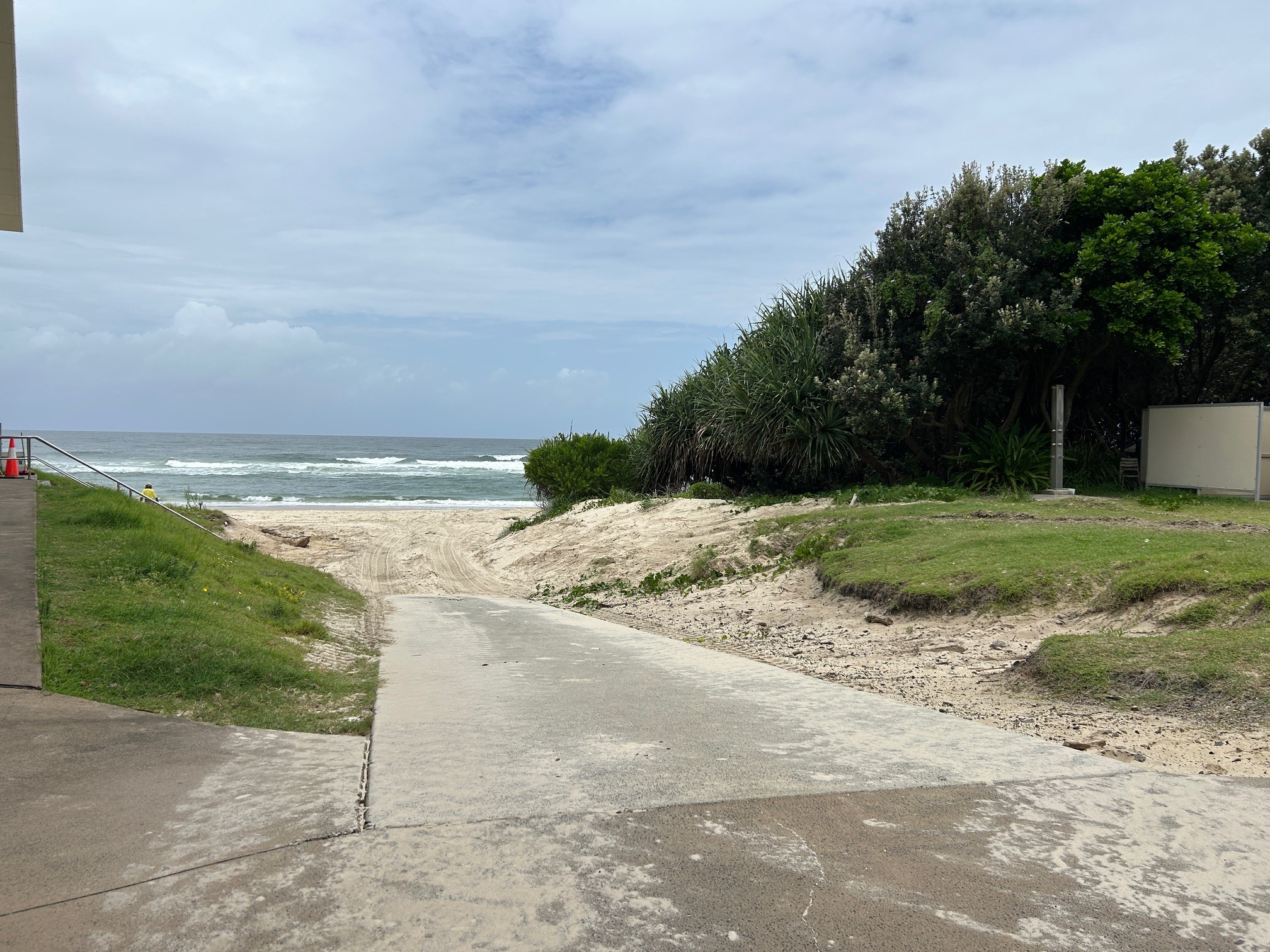A company and its sole Director face possible fines in excess of $1.5 million over a 2017 fire that burned for more than a week, forced the evacuation of homes and destroyed a recycling plant in Maffra St, Coolaroo.
The verdict follows charges which were originally laid by EPA Victoria under the Environment Protection Act 1970. The case will return to court in a few days for sentencing.
The fire started in a pile of waste at the SKM plant and spread to stockpiles of cardboard and other recyclables. It burned out of control for two days and spread smoke to neighbouring industrial sites, continuing to burn for more than a week and triggering a state-wide emergency management response.
Following a criminal trial in the County Court, SKM Services Pty Ltd has been found guilty by a jury, of aggravated pollution by negligently causing or permitting an environmental hazard which resulted in a substantial risk of a serious threat to public health. The jury also found the company guilty of 3 charges of polluting the atmosphere.
SKM’s sole director, Robert Leo Italiano, had earlier entered a plea of guilty to a charge of polluting the atmosphere as a result of the fire.
The matters will return to the County Court on 12 December 2024 for a further mention.
The County Court heard that the company was processing recycled plastic, paper, and metal, which the company was stockpiling and had spilled over to a nearby stockpile of glass. A smaller fire a few months before had reduced its output and stockpiled materials had begun piling up, along with a large heap of mixed waste.
Quickly out of control, the fire sent smoke and ash out over, nearby suburbs. Residents of Dallas were evacuated, witnesses reported feeling unwell and described a disgusting and acrid and chemical smell. Some residents were not able to return to their homes for several days and nearby businesses were also affected.
EPA Victoria activated its Agency Command Team and deployed frontline crews to support firefighters, providing expert advice to the Incident Controller and monitoring the air quality in surrounding areas and water quality in nearby waterways.
EPA Chief Executive Officer Lee Miezis says the response to the Coolaroo fire showed how far EPA had advanced since the Hazelwood Mine fire three years before.
“EPA was expected to have air quality monitoring established within 24 hours – we did it in three. We were also monitoring water quality in Merlynston Creek and called in VICSES units with three more air monitoring stations. At the time, that was a new arrangement with EPA,” Mr Miezis said.
“Within hours, the public could see the air quality monitoring data on our AirWatch website and EPA had officers onsite until the fire was under control and air monitoring ceased,” he said.
At the height of the fire, EPA had incident air monitoring units at seven locations; Sale Court, Maygar Barracks, Edmund Court, Herbert and Hampton Street, Cobden Street, Stewart Grove and Ouyen Court.
EPA’s air quality stations returned 24 hour readings rated as “unhealthy” and “very unhealthy”, and at the peak of the fire the pollution level rose to “hazardous” in Edmund Court, and at Herbert and Hampton Street.
EPA ‘s Deputy Chief Environmental Scientist Dr Martine Dennekamp told the court the density of the smoke was so high that “it is highly likely that the exposure to very small particles, which can enter and lodge into people’s lungs and are known as PM 2.5, from the fire at SKM’s recycling plant was harmful to human health”.
The clean-up that followed the fire took weeks to complete and involved the removal of 30,000 tonnes of burnt waste and the diversion of 140 million litres of contaminated water into the sewerage system from Merlynston Creek.
While the site had operated under planning permission from local government rather than an EPA licence, EPA officers immediately launched an investigation into possible breaches of the Environment Protection Act 1970, which was in effect at the time.
In the wake of the Coolaroo fire, EPA initiated a statewide Fire Prevention Program that involved nearly 1,000 proactive inspections at hundreds of industrial sites around the state, issuing more than 1,300 notices requiring fire prevention actions and more than 60 legal sanctions.








